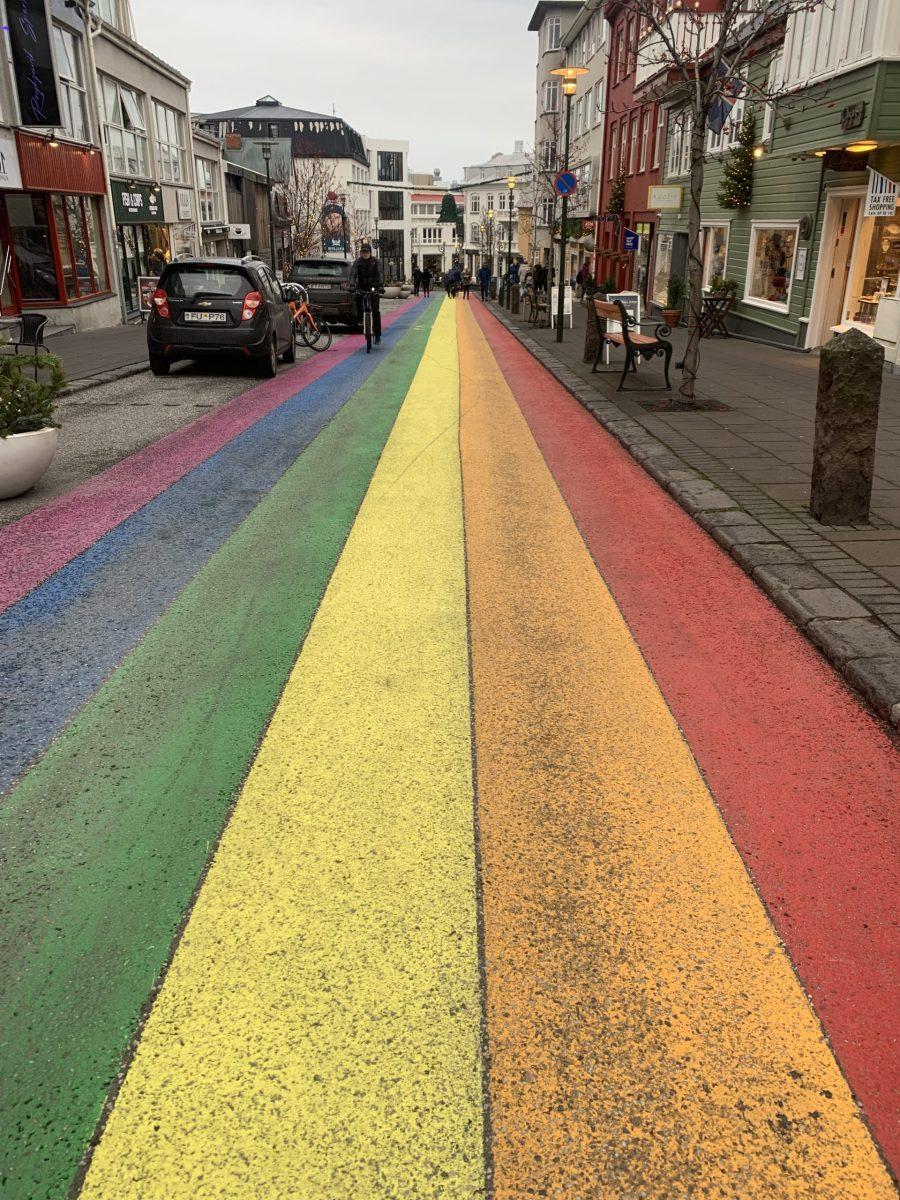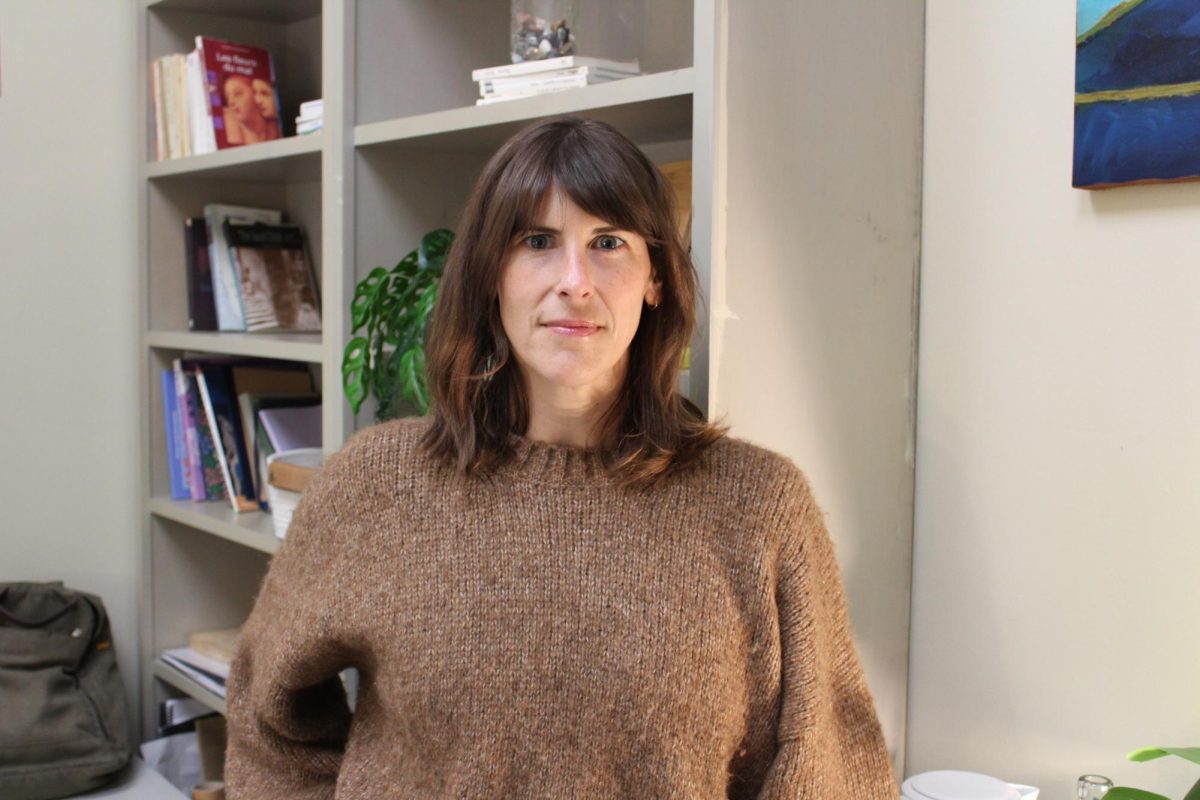How our perception of language and gender affects how we see the world
Gender-centric language surrounds us every day. Don’t believe me? Picture a nurse—now a CEO. Was the nurse a woman, and was the CEO a man? If that’s the case, don’t fret. Today, more and more individuals are becoming more aware of how we use language to label people into specific roles, and how this mindset can be altered for the better.
Gender compartmentalization doesn’t only occur in the English language. In fact, it can be even more aggressive in other languages. For instance, in German, every job has a different name that indicates the gender of that specific individual (but only for those who are male or female). Beyond this, naming a group of people or other pluralities becomes infinitely more confusing, as groups are also gendered to only represent a totally female or a totally male group. Such idiosyncrasies are present in many other languages, including, but not limited to, French, Spanish and Polish.
However, in Berlin, there has been a movement towards creating more forms of gender-neutral speech. Generally considered to be one of the most LGBTQ+ friendly cities in the world, Berlin is home to a large population of sex and gender-nonconforming people. In an interview with a student assistant from Berlin, Frizi, she spoke of the importance of equality and respect between binary and gender-nonconforming people all across the world. Frizi specifically encouraged more people to become allies. A small (but very important) example of this may be to ask what pronoun someone prefers, and to keep these preferences in mind to the best of one’s ability.
However, there are still some individuals who may think this sort of mindset is pointless. If this is the case, then perhaps consider how you might feel if you were placed in a box like this–and remind yourself that the only identity you are in charge of is your own, and no one else’s. Sometimes the first step to being more inclusive and welcoming is to first recognize one’s own privilege.
Frizi created this image: “CIS [binary-defining] people are okay with sometimes being misgendered because they have always [been allowed] to be comfortable within their own gender because they have never ‘had to fight for a place at the table.’ But that is not the case for non-binary people.”
In the end, remind yourself that the act of exclusion has yet to lead to a more productive world or society. Change can be good–if we allow ourselves to embrace it.



































